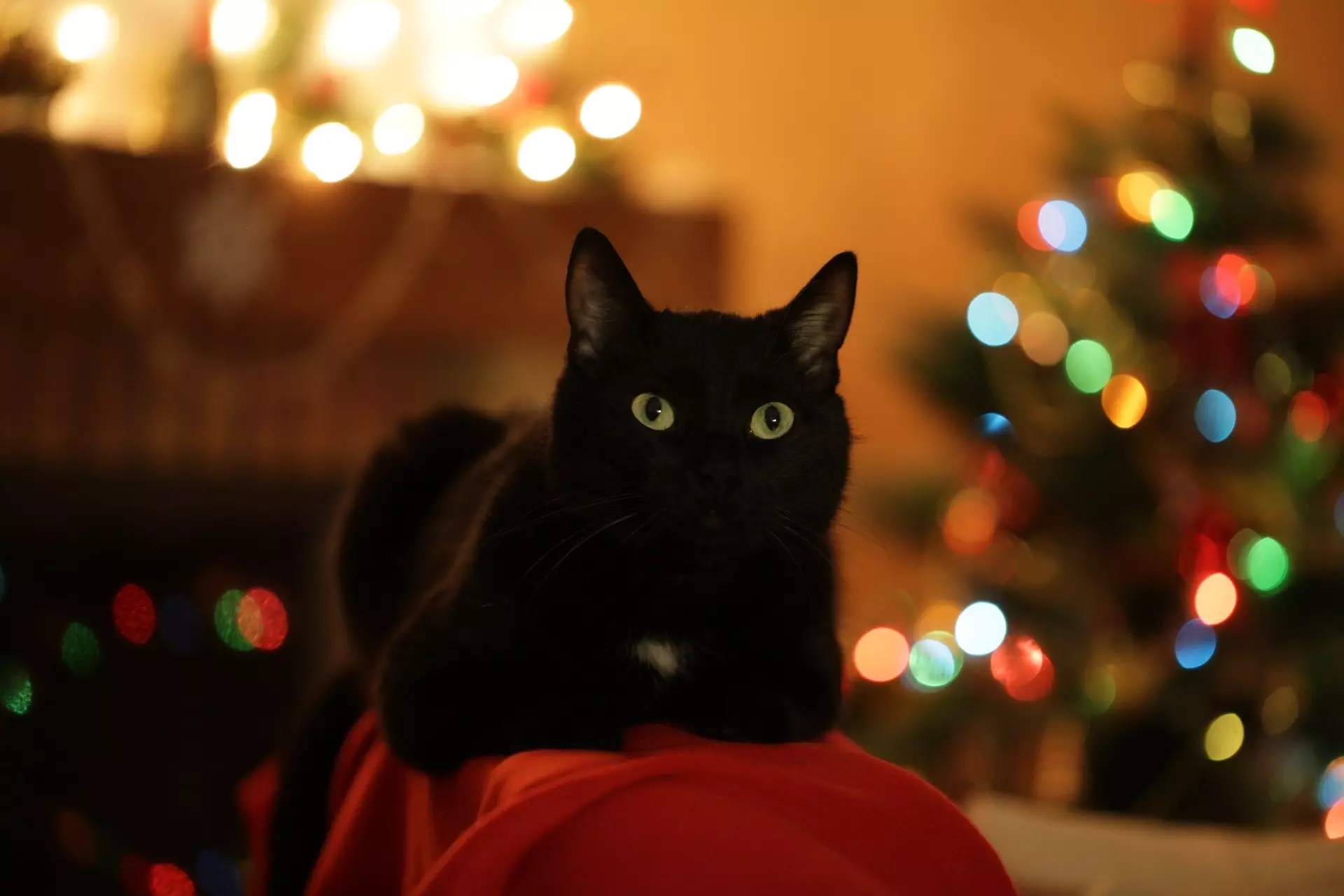As the festive season approaches, many people look forward to decorating their homes with seasonal greenery. While plants like Holly and Mistletoe may add charm to your holiday decor, they can also pose serious health risks to our furry companions. Understanding which plants to avoid is crucial for pet owners wanting to ensure a safe and joyful holiday for all members of the family.
Many common winter plants are unfortunately toxic to pets, which can lead to unintended and potentially dangerous situations. Veterinary experts from the PDSA, the UK’s largest veterinary charity, caution pet owners to exercise vigilance in selecting plant decorations. For example, Azaleas, Holly, Mistletoe, and Poinsettias are often staples in holiday festivities but can cause serious health issues if accidentally ingested by pets. According to PDSA Veterinary Surgeon Lynne James, many pet owners might not realize just how many of these beautiful plants are hazardous. She urges homeowners to keep these plants well out of reach from curious paws, emphasizing that prevention is the best strategy.
To help pet owners make informed choices, here’s a comprehensive list of plants to consider avoiding during the winter months:
– **Azalea/Rhododendron:** Commonly found and just as dangerous.
– **Amaryllis:** Often celebrated in holiday floral arrangements.
– **Holly:** Its berries can be particularly toxic if ingested.
– **Ivy:** A popular climber that can be found outdoors as well.
– **Mistletoe:** While romantic, its berries are highly toxic to pets.
– **Poinsettia:** A popular houseplant during the holidays.
– **Snowdrops:** Beautiful but harmful if consumed.
– **Yew and Horse Chestnut:** Also pose significant risks.
Each of these plants can cause a range of health issues if ingested by pets, including symptoms like vomiting, diarrhea, drooling, and even more severe complications like breathing difficulties or abdominal pain.
The festive season brings joy and celebration, but ensuring the safety of our pets should be a priority. Homeowners should consider alternative decorations that are pet-friendly, such as artificial plants or non-toxic greenery. Additionally, vigilant supervision of pets when they are around holiday plants is advisable. Keeping entry points to certain rooms closed may also prevent pets from accessing areas adorned with potentially dangerous decorations.
In the unfortunate event that a pet is suspected of having ingested a toxic plant, immediate action is crucial. Contacting a veterinarian should be done without delay; prompt diagnosis and treatment can make a significant difference in recovery outcomes.
Celebrating the festive season doesn’t have to come at the expense of pet safety. By being informed and proactive, pet owners can create a merry and secure environment for their beloved animals. Enjoy the holidays, but always remember to make responsible choices when it comes to decorating with plants. After all, a happy holiday is one where every family member, both two-legged and four-legged, can partake in the festivities without worry.


Leave a Reply